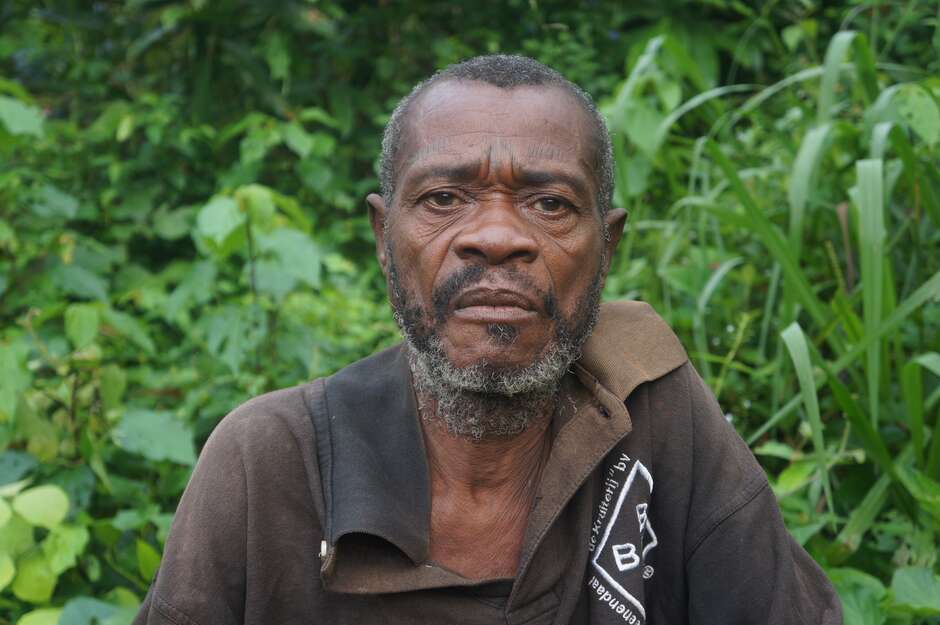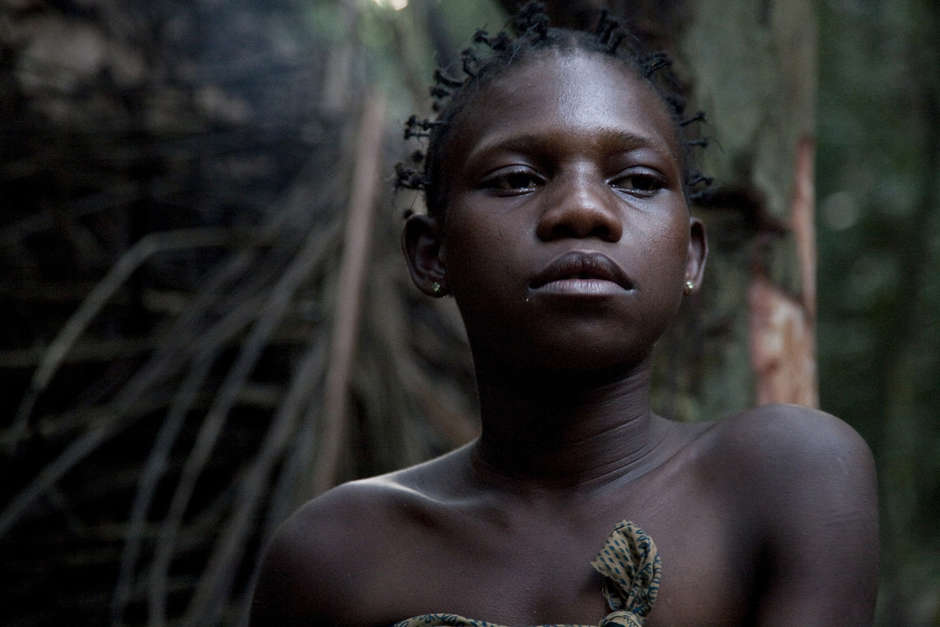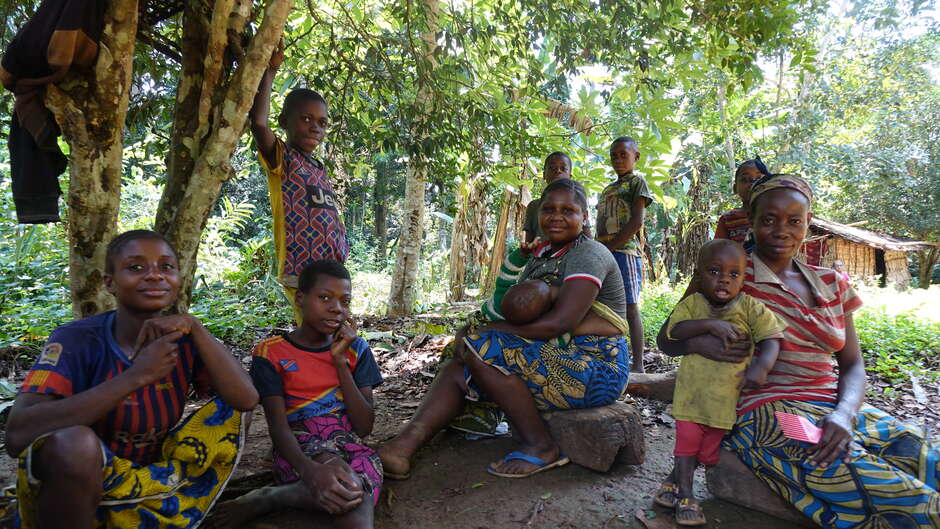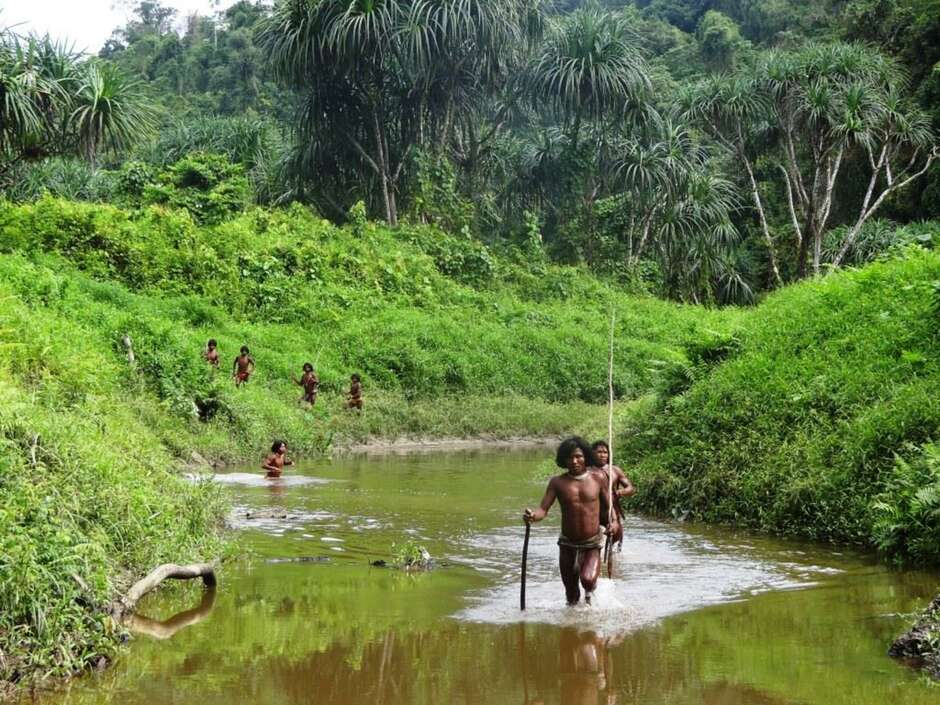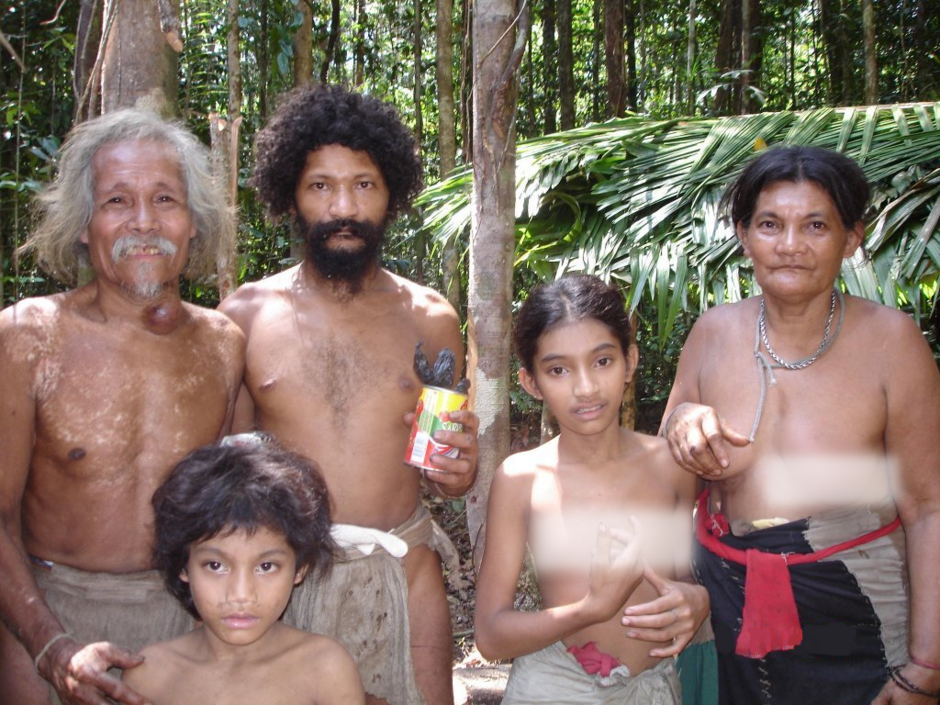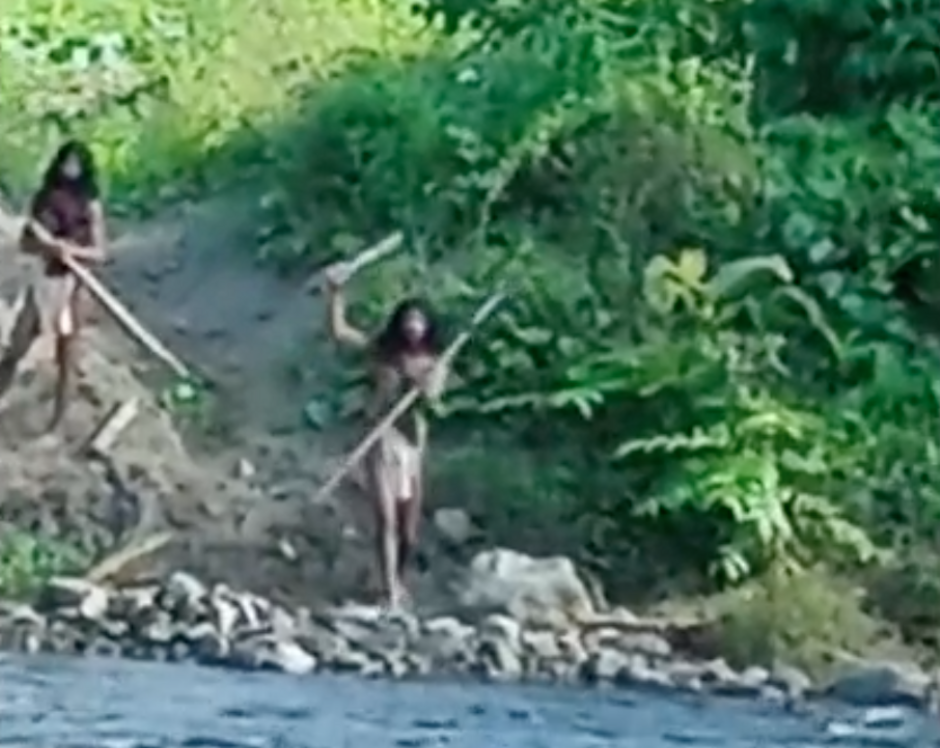What's the real story behind Botswana elephant deaths?
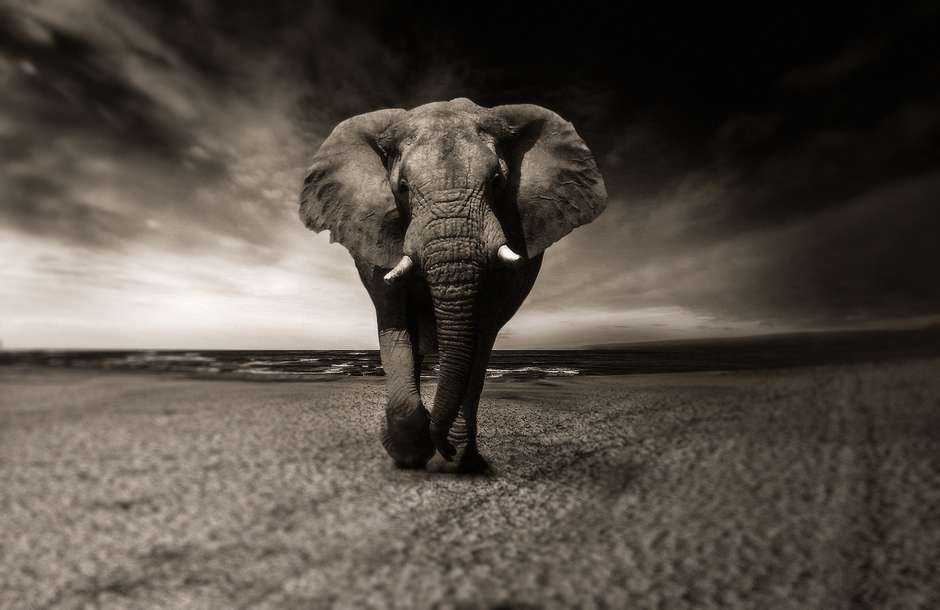
6 September 2018
The news is awash with the story that 87 elephants are reported to have been “killed by poachers” in Botswana, supposedly a result of wildlife guards no longer carrying firearms. Survival director, Stephen Corry, responds.
The news is awash with the story that 87 elephants are reported to have been “killed by poachers” in Botswana, supposedly a result of wildlife guards no longer carrying firearms. The story originates with “Elephants Without Borders,” an NGO in the USA and Botswana, which is getting massive publicity, and presumably donations, as a result. Even the beleaguered British prime minister has tweeted it, and a petition has been set up on Change.org calling for ecoguards to be re-armed, with the usual hysterical commentators demanding people to be shot on sight.
I know a little of Botswana. A few years ago, I was declared “public enemy number one,” and threatened by a government spokesman on television, and I remain banned from the country. This was because Survival International was instrumental in stopping the government destroying the Bushmen tribes of the Central Kalahari. The authorities had cut off their water supply and forced them off their ancestral lands. The Bushmen fought back, and eventually won the longest court case in Botswana’s history.
I have some knowledge too of how false information is frequently broadcast in the name of conservation: For example, the fiction that al Shabab terrorists were funded by ivory poaching. That still endures, in spite of Interpol pointing out that it was false. That fantasy was created by an “anti-poaching consultant,” formerly an Israeli commando, presumably keen on drumming up business. Famous American film director, Kathryn Bigelow, even made an animation about it, which sunk to the depths of falsely making a link between ivory poaching and the Nairobi shopping mall massacre of 2013. That was a distasteful sleight of hand to raise money for another conservation NGO, “Wild Aid.”
Reading beyond the headlines of the latest Botswana story, I began wondering what was going on this time. I must declare a personal interest before continuing. Arming wildlife guards brings more abuses against local people, including extrajudicial executions, with “evidence” then “found” near the bodies – and never any “poachers” left alive to answer for themselves. Ecoguards have been the scourge of the Bushmen, beating them up on a routine basis. They’re blamed for wildlife decline which they didn’t cause. Disarming them was a step forward for human rights in Botswana, and having spent over 45 years working for tribal peoples’ rights, of course I have a vested interest in ensuring this progressive decision doesn’t get reversed.
I should also make it clear that I’m fully behind protecting healthy elephant herds, and have spent many hours admiring these magnificent, gentle creatures myself. But I also accept that there are now too many elephants in parts of southern Africa. In a single Botswana park, Chobe, there are reckoned to be seven times more elephants than the environment can support. The animals now threaten biodiversity and other species, and if their numbers are not somehow reduced, they will inevitably begin suffering and dying themselves. Elephants double their numbers about every ten years, and like other grazing animals, they must have predators if their herds are to remain healthy – it’s harsh, but if you don’t like it, blame nature.
Two days ago, the Botswana government issued a press release denouncing the Elephants Without Borders story as “false and misleading,” saying that not much more than half the quoted number of elephant carcasses had actually been reported, that this was over a period of some months, and that many of them died from natural causes.
Anyway, “Elephants without borders” is contracted by the same government to count the elephants, so how come the NGO was saying things which its own employer was dismissing as “false”?
I don’t know the answer, but there are plenty of vested interests to bear in mind before taking the story at face value. One is that heavily-armed “fortress conservation” is strongly promoted by conservation NGOs, whose declared policies nowadays about “consulting” local people are largely empty sham. The reality is that they don’t want to give up their control of large areas of Africa, and are still building up protected areas which prohibit local people, many of them tribal, from accessing their traditional territory. Conservation, lauded as generally “progressive” in the West, is often despised in Africa as just more (white) colonial land-theft.
A good example of how things aren’t what they seem is that big conservation organizations fund militarized conservation, which leads to persecution and extrajudicial killings. Conservation International (CI) was rumbled a few years ago offering to “greenwash” an arms company in exchange for a sizeable donation. It was actually a journalists’ set up, but a senior figure from Northrop Grumman really does sit on its board, and the weapons company funds CI to the tune of millions. Arms manufacturers clearly have a business interest in ensuring as many people as possible are armed.
So, could the Botswana elephant story be another pushback from militarized conservation against the “rights-based” model which the U.N., human rights experts, and many African environmentalists are now demanding? Or, could this just be a localized attempt to create a clamour for rearming ecoguards in Botswana? After all, the former president, British-born general, Ian Khama, was the key figure in trying to destroy the Bushmen and in imposing “fortress conservation.” He sat on the board of Conservation International, and his brother remains in place as minister for conservation and tourism.
“Elephants without borders” has also been funded by tourist company, Wilderness Safaris, which operates luxury camps on Bushman land – without their agreement, needless to say – and is (or was) also part-owned by the very same Ian Khama.
We may never know the real background. Wealthy conservation organizations are quick to silence criticism with threats of litigation or offers of five-star “safaris,” and the stick-or-carrot combination heads off most investigators. We can be certain though that the conservation propaganda machine will continue, as it has for decades, to assail the world with stories of the extinction of the African elephant, always “imminent,” usually projected some twenty years into the future. (It was first predicted in 1908, by the way.) Should that tragedy ever actually come to pass, however unlikely it may be, it would be a crime to lay at the door of “fortress conservation” itself, as it’s turning many local Africans into its angry enemies through its heavy-handed, often clearly racist, practises. “Fortress conservation” is bound to increase poaching.
“Fortress conservation” itself is a threat to the environment. If it isn’t abandoned, then my own prediction is the extinction of protected zones in Africa – perhaps within a couple of generations. Are we really going to let the bloated, colonial conservation organizations lead us towards such a dismal legacy?
Addendum 10 September 2018
As far as we can tell, the BBC was the first media outlet to quote Mike Chase putting the number of elephants “poached” at 87.
Elephants Without Borders has ignored the questions we have put to it.
The wildlife guards were not actually disarmed of all firearms, but only of heavy military weapons – which they were carrying illegally, with the blessings of the previous president (General Khama). The Botswana Defence Force (the army) still patrols many areas. Claims that the “killings” are due to the anti-poaching forces being “disarmed” are therefore without foundation.
Survival’s investigative work depends on your donations. Please help fund our urgent work today.
For further updates, please follow director Stephen Corry on Twitter.

